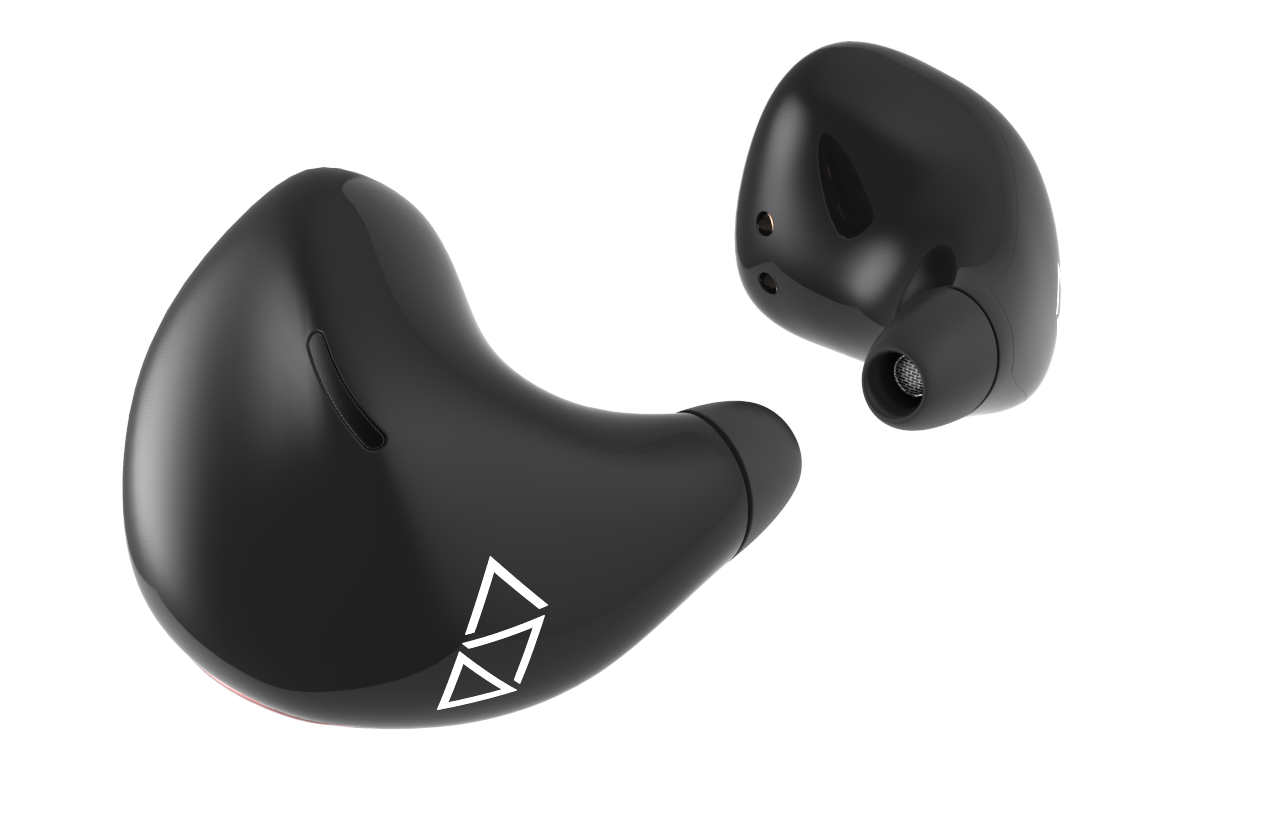OPINION: Pilot: a Flightless Bird or a Sci-fi Reality?
Photo Courtesy of Waverly Labs
Pilot will function as an earpiece that will translate in one’s ear as someone speaks. But, some are skeptical of it’s abilities to really mimic language.
In the ever-intermingling age of global commerce, a new technology is aiming to take flight this summer, and it’s one that could soar well beyond the obstacles of language.
For what could be a giant leap in worldwide understanding, Pilot is a wearable earpiece allegedly able to translate conversations in real time between various language speakers.
According to Waverly Labs’ website, the designers of Pilot, “Being lost in translation has happened to everyone, today it’s history.”
The company said it has sold over twenty-two thousand units and raised $4.5 million through crowdfunding.
Founder and CEO of Waverly Labs, Andrew Ochoa, said it all started when he met a French woman and shared great difficulty in overcoming the language barriers in their relationship.
Although the wearable earpiece is the first of its kind, powered by speech recognition software, text translation and text-to-speech synthesis, the technology is not completely innovative.
In fact, Waverly Labs admits that some of the technology going into Pilot has already been created and is licensed to other companies.
“The translation industry has used various types of translation software and technology for decades now,” Oakland University professor of Spanish, Holly Walker Cote said. “the goal of this device is functional communication, not the meaningful use of nuanced language.”
Pilot lacks in translating subtleties like humor, sarcasm, accents and multiple pronunciations of a single word. Translating isn’t as black and white as it may seem.
Even on the Waverly Labs website, the ad features a non-natural rendition of French into English, translating the word parlez into “talk” when the speaker intends to say “I can hear you speak French.”
Matthew Tucker, a professor of linguistics at Oakland University, agrees that the technology is not tried and true.
“It is always going to be only as good as the statistical models it employs in the app for machine translation and speech synthesis,” Tucker said.
Despite the suggestion of the website, because the statistical models are not perfect, Pilot will likely be ill-fitted for encounters between business professionals depending on communicating subtleties.
“What I see as an actual breakthrough for this technology is the way in which it could be used in natural disasters, emergency rooms, for first responders, [and] for ESL students in the classroom,” Walker Cote said.
Although Pilot lacks in various capabilities, statistical translation is becoming very sophisticated; modern humans may even see language barriers become a thing of the past.
Pilot is selling for $250 and is expected to open to the public this coming fall.
The technology will feature English, French, Spanish, Italian and Portuguese, with Germanic, Slovak, Asian and African languages promised to follow.
As Pilot comes to the scene, consumers are either going to find another fluke played up by overzealous advertising, or the fulfillment of a sci-fi dream prophesied by “Star Trek” and “The Hitchhiker’s Guide to the Galaxy.”







